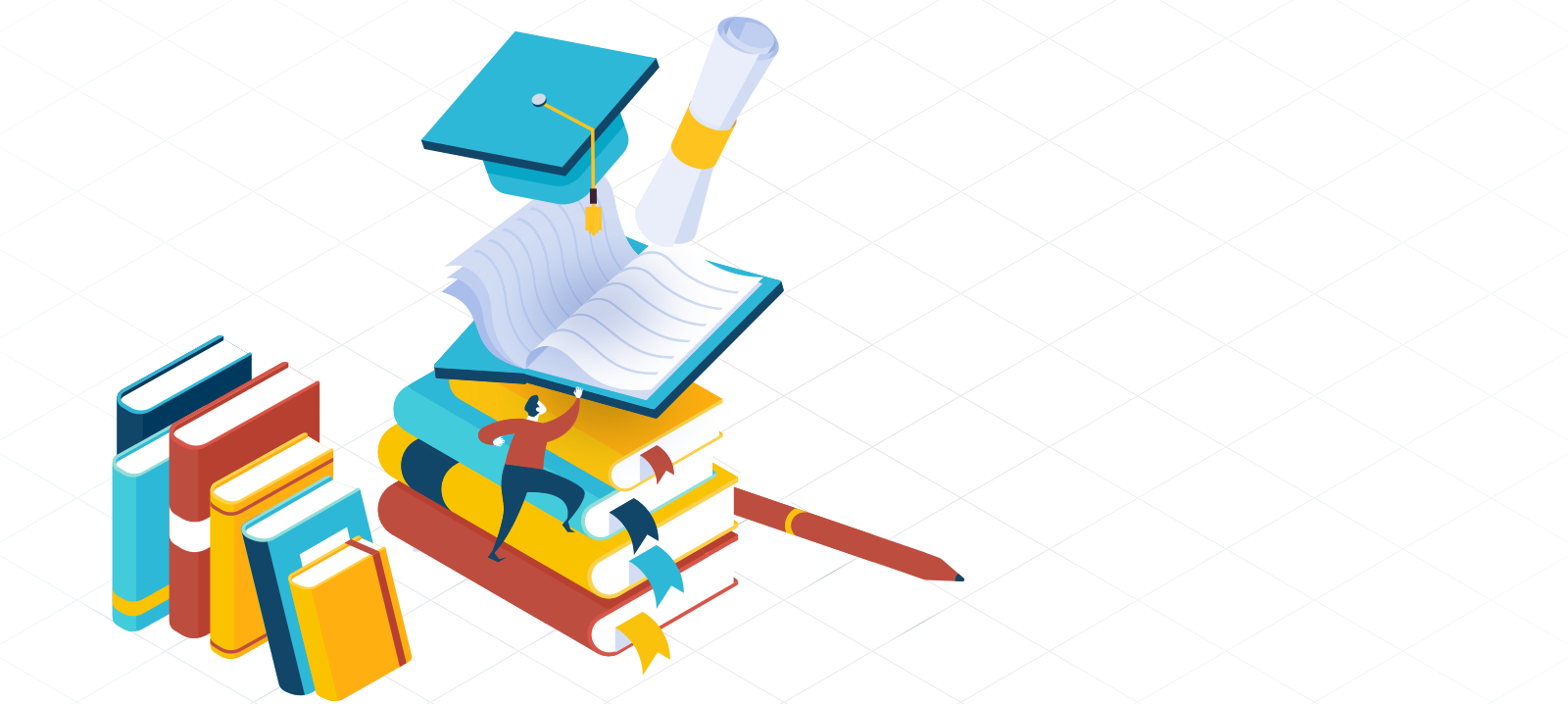Which Healthy Food to Eat During Pregnancy
Pregnancy is a magical and transformative journey in a woman’s life. During this period, your body needs additional care, nutrition, and energy to support both you and your growing baby. Eating the right healthy food for pregnancy ensures proper development, reduces complications, and keeps you energetic throughout. But what exactly should you eat during pregnancy? This comprehensive guide will help you understand which healthy food to eat during pregnancy, including fruits, vegetables, proteins, and whole grains — all supported by expert-backed nutrition advice.
Why Healthy Eating Is Important During Pregnancy
A healthy pregnancy diet is not just about eating more food; it’s about eating the right food. The nutrients you consume directly influence your baby’s brain, bones, and overall development. Your diet should include folate, iron, calcium, omega-3 fatty acids, and vitamins, which are all crucial for your baby’s growth.
When you choose healthy foods for pregnancy, you:
Boost your immune system
Reduce the risk of birth defects
Improve your baby’s brain development
Maintain healthy weight gain
Support energy levels during all trimesters
Let’s explore the best foods for pregnant women and how to include them in your daily pregnancy meal plan.
1. Leafy Green Vegetables – The Iron and Folate Boosters
Leafy greens like spinach, kale, and broccoli are some of the most important foods to eat when pregnant. They are rich in folic acid, iron, calcium, and fiber. Folate (Vitamin B9) helps prevent neural tube defects, while iron supports red blood cell formation, essential for both mother and baby.
Examples of Green Vegetables for Pregnancy:
Spinach
Kale
Broccoli
Mustard greens
How to Include Them:
Add spinach to soups, smoothies, or omelets. Steam broccoli as a side dish or mix kale into salads with olive oil and lemon juice.
2. Eggs – A Perfect Source of Protein and Choline
Eggs are one of the best foods for pregnant women because they contain high-quality protein, vitamins D and B12, and choline. Choline is crucial for the baby’s brain and spinal cord development.
Healthy Ways to Eat Eggs:
Boiled eggs for breakfast or snacks
Scrambled eggs with spinach and tomatoes
Hard-boiled eggs sliced into salads
Always ensure eggs are cooked thoroughly to prevent bacterial infections.
3. Dairy Products – Essential for Calcium and Vitamin D
Dairy products like milk, yogurt, and cheese are vital healthy foods for pregnancy because they provide calcium, protein, and vitamin D, all essential for bone and teeth development. Yogurt also contains probiotics, which help improve digestion and gut health.
Healthy Dairy Choices:
Low-fat milk
Plain yogurt
Hard cheeses like cheddar or mozzarella
How to Include Them:
Start your day with a glass of milk, or enjoy yogurt topped with fruits and nuts as a snack.
4. Whole Grains – For Long-Lasting Energy
Whole grains are a cornerstone of a balanced diet for pregnancy. They contain fiber, iron, and B vitamins that provide steady energy and prevent constipation — a common issue during pregnancy.
Examples of Whole Grains:
Oats
Brown rice
Quinoa
Whole wheat bread
How to Include Them:
Have oatmeal for breakfast, or include quinoa in your salads. Whole-grain chapatis or brown rice make great lunch and dinner options.
5. Fruits – Natural Sweetness Packed with Nutrients
Fruits are a must-have part of your pregnancy nutrition guide. They’re loaded with vitamins, fiber, and antioxidants that support both you and your baby’s health.
Best Fruits for Pregnancy:
Oranges: High in vitamin C, help absorb iron.
Bananas: Provide instant energy and reduce nausea.
Berries: Packed with antioxidants and fiber.
Apples: Aid digestion and keep you hydrated.
How to Include Them:
Make fruit smoothies, add them to yogurt, or eat them fresh as snacks between meals.
6. Legumes – The Plant-Based Protein Heroes
Legumes such as lentils, chickpeas, beans, and peas are excellent foods to eat when pregnant. They are rich in protein, folate, and fiber, making them ideal for vegetarians.
Examples of Legumes:
Lentil soup
Hummus made from chickpeas
Mixed bean salad
Why Legumes Matter:
They support cell growth, boost energy, and aid digestion.
7. Fish – Omega-3 Fatty Acids for Brain Development
Fish, especially fatty fish like salmon, sardines, and trout, is rich in omega-3 fatty acids (DHA and EPA) that promote baby brain and eye development.
Safe Fish Options:
Salmon
Trout
Sardines
Avoid: High-mercury fish like swordfish, shark, or king mackerel.
How to Include Fish in Your Diet:
Bake or grill salmon twice a week for a protein-rich meal.
8. Nuts and Seeds – Small but Nutrient-Dense
Nuts and seeds are healthy snacks for pregnant women that provide healthy fats, protein, and magnesium. These nutrients support brain development and reduce inflammation.
Best Choices:
Almonds
Walnuts
Chia seeds
Flaxseeds
How to Include Them:
Add to yogurt, oatmeal, or salads. A handful of nuts is perfect for on-the-go energy.
9. Sweet Potatoes – Rich in Vitamin A
Sweet potatoes are a fantastic source of beta-carotene, which converts into vitamin A — essential for your baby’s skin, eyes, and immune system.
How to Include Them:
Bake, steam, or mash sweet potatoes. Pair them with lentils or chicken for a nutritious meal.
10. Water – The Forgotten Yet Essential Nutrient
Hydration is often overlooked but is extremely important in a healthy pregnancy diet. Water helps with nutrient transport, prevents constipation, and maintains amniotic fluid levels.
How Much to Drink:
At least 8–10 glasses of water daily. You can also consume fluids from soups, fresh fruit juices, and smoothies.
Foods to Avoid During Pregnancy
While it’s essential to focus on healthy foods for pregnancy, knowing what to avoid is equally important. Certain foods may harm your baby’s development.
Avoid These During Pregnancy:
Raw seafood or undercooked meat
Unpasteurized dairy products
High-mercury fish (like swordfish or shark)
Caffeine in excess
Alcohol and processed junk food
Sample Daily Pregnancy Diet Chart
Here’s a simple pregnancy diet chart to guide your daily meals:
Breakfast: Oatmeal with milk, banana, and chia seeds
Mid-morning Snack: Yogurt with berries and walnuts
Lunch: Brown rice, lentil soup, and steamed broccoli
Evening Snack: Apple slices with peanut butter
Dinner: Grilled salmon with sweet potato mash
Before Bed: A glass of warm milk
This pregnancy meal plan offers a balance of proteins, whole grains, healthy fats, and vitamins.
Conclusion
Eating the right healthy food for pregnancy can make a world of difference for both you and your baby. Focus on vegetables, fruits, whole grains, dairy, legumes, and fish, while avoiding processed and high-mercury foods.It is essential to seek advice from your physician or a certified dietitian prior to implementing significant alterations to your diet.
A balanced pregnancy diet plan ensures your baby receives the best nutrition possible and helps you stay strong and energetic throughout your pregnancy journey.
FAQs About Healthy Food During Pregnancy
1. What should I eat during pregnancy for a healthy baby?
Eat a mix of fruits, vegetables, lean protein, dairy, whole grains, and nuts. Include iron rich foods for pregnancy and foods rich in omega-3 fatty acids for brain development.
2. Which fruits are safe during pregnancy?
Safe fruits include bananas, oranges, apples, and berries. Avoid unwashed or overripe fruits.
3. How many meals should I eat a day when pregnant?
Aim for 3 main meals and 2–3 small snacks daily to maintain steady energy and blood sugar levels.
4. Is it safe to eat fish during pregnancy?
Yes, but stick to low-mercury fish like salmon and sardines. Avoid raw or undercooked seafood.
5. What foods help baby brain development during pregnancy?
Foods rich in omega-3 (like salmon and walnuts) and choline (found in eggs) are excellent for brain development.
6. Can I eat spicy food during pregnancy?
Yes, in moderation. Too much spice can cause heartburn or discomfort.


















0 comments:
Post a Comment